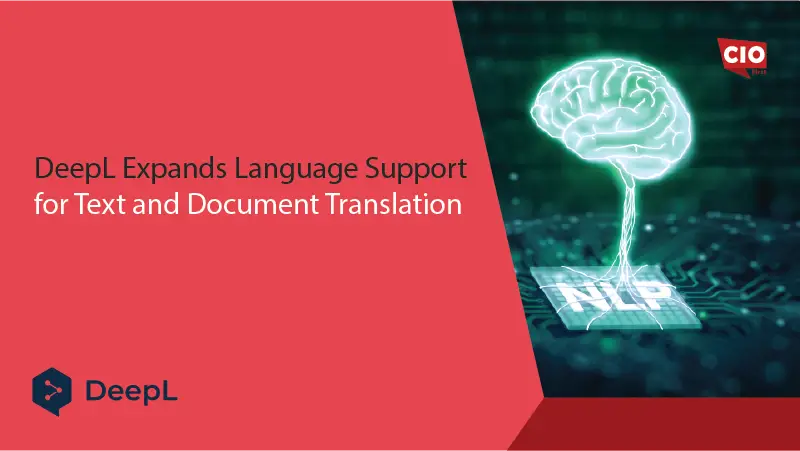DeepL, a leading provider of AI-powered language translation tools, has expanded its platform by introducing Vietnamese, Hebrew, and Thai to its growing portfolio of supported languages. Thai is currently available exclusively through the DeepL API, with broader availability planned for the near future. This update brings DeepL Translator’s total supported languages to 36, further advancing its mission to break down language barriers for global businesses.
In addition to the new spoken languages, DeepL has enhanced its document translation capabilities by adding support for Arabic and Traditional Chinese. Users can now seamlessly translate entire documents into and from these complex languages while maintaining original formatting, an essential feature for international enterprises managing multilingual content.
“The introduction of these languages is a direct response to our customers’ requests and will significantly improve their day-to-day operations,” said David Parry-Jones, CRO at DeepL. “Vietnamese and Thai, in particular, are critical to our manufacturing customers as they enable their teams to communicate quickly and effectively with colleagues and partners across the Asia Pacific region.”
Also Read: Schneider Electric Debuts Next-Gen Data Centre Solutions to Tackle AI and High-Density Compute Demands
All languages, including the newly added ones, are now supported by DeepL’s latest-generation large language model (LLM), offering users greater translation accuracy and consistency across platforms. This development reaffirms DeepL’s commitment to delivering enterprise-grade solutions tailored to the evolving linguistic needs of global organizations.
“Over 200,000 business customers worldwide rely on DeepL’s platform to operate and grow beyond national borders,” added Jarek Kutylowski, CEO and founder of DeepL. “With every new language we add, we build a bridge between people and markets, expanding businesses’ reach and accelerating their ability to compete globally.”
























